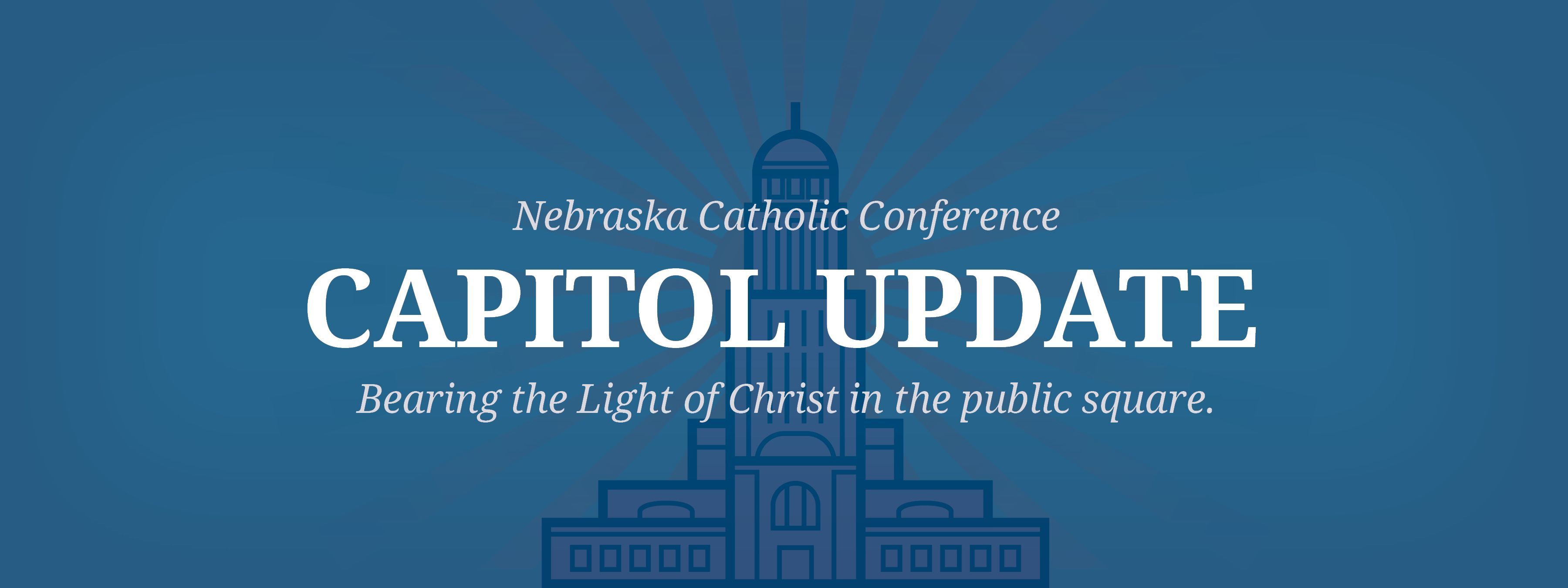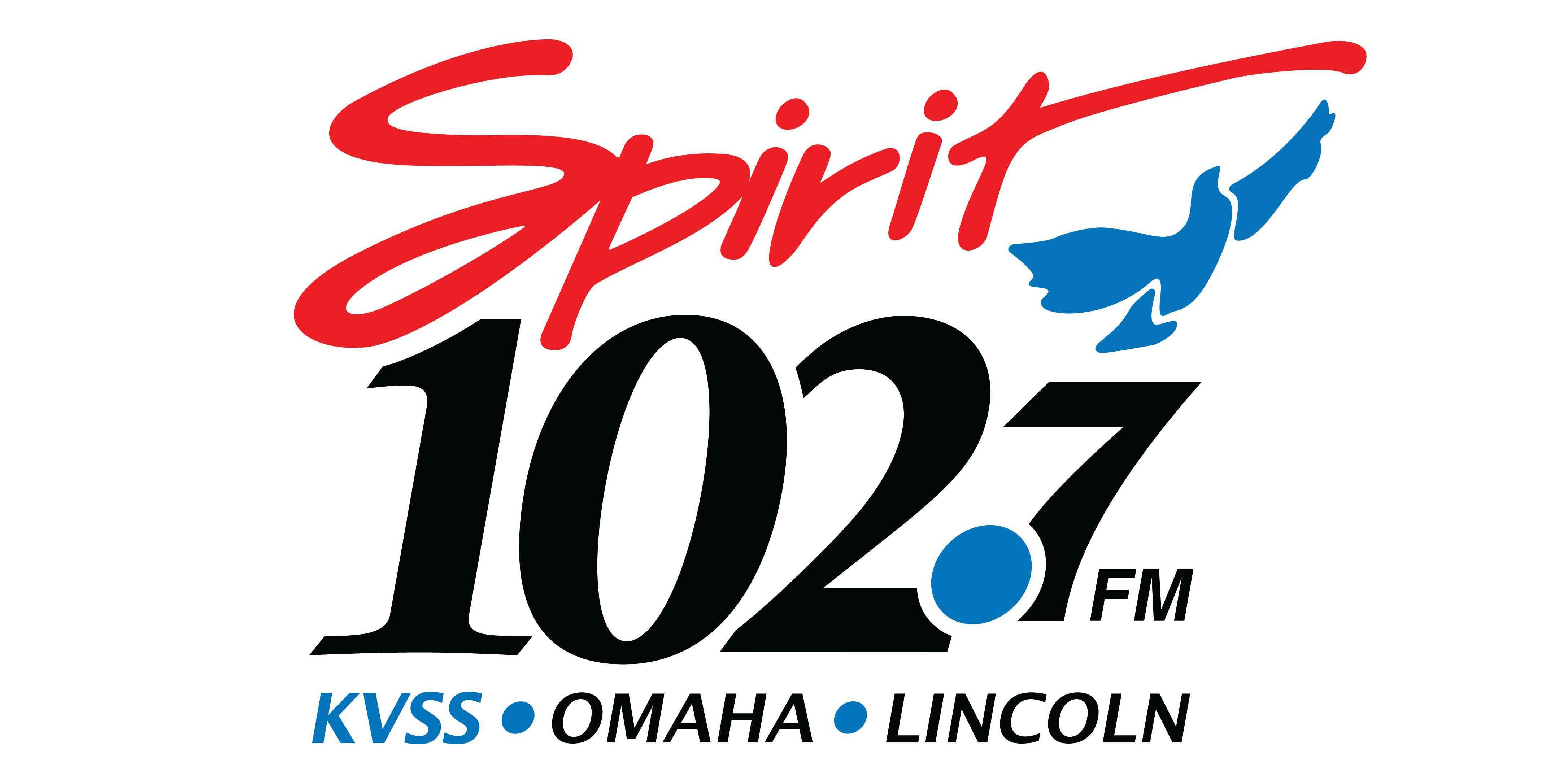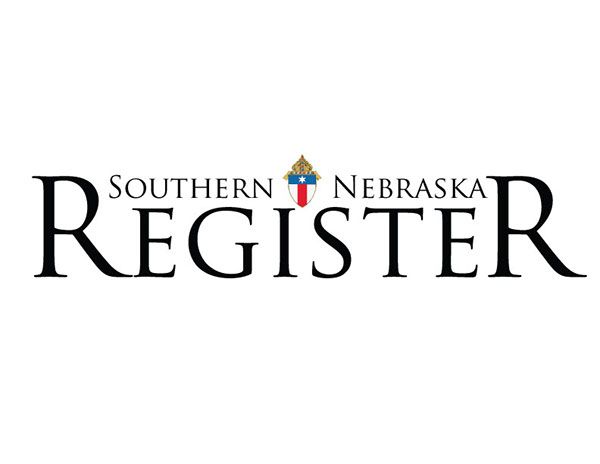I often joke that Advent is not only a beautiful time to contemplate the coming of the Christ Child, but it’s a great time to pray for the coming of the Nebraska Legislature.
Given how close in proximity the two events are, this wisecrack is very much a reality for me. The month of December has the Nebraska Catholic Conference engaged in serious preparations not only to receive Christ into our hearts yet again, but to make sure that our i’s are dotted and our t’s are crossed for the upcoming legislative session.
So, how can you join us in preparing for the coming of the legislative session that is right around the corner?
Know the basics
The Nebraska Legislature is required by the Nebraska State Constitution to convene on the first Wednesday after the first Monday in January. This year’s session is the earliest start date possible, Jan. 3.
Each Nebraska Legislature meets over a two-year period, and splits those two sessions into a longer and shorter session. In odd-numbered years (the first year of a two-year session), there is a “long” 90-working day session. The “long” session gives senators extra time to craft a state budget. The “long” session usually ends in late May/early June. In even-numbered years (the second year of a two-year session), there is a “short” 60 working-day session. The “short” session usually ends in mid-April.
But don’t be fooled: a “short” session has as much going on as a “long” session. It might be more realistic to call it a “packed” session.
Know the flow
A legislative session has a typical flow to it. Understanding the structural timeline of a session is an easy way to know what the senators are up to at any point in the session. There are three phases of activity: bill introduction, committee hearings, legislative debate.
Right now, you might consider the last quarter of the year as “pre-session.” In October, November, and December, the state capitol starts buzzing again with increased activity. Senators are more regularly present for things like “interim hearings.” Meetings between senators, staff, constituents, organizations, businesses, government entities, and lobbyists to discuss potential legislation are on the rise. This is a time when many legislative bills are being drafted and passed around for review by legislative stakeholders. This is a busy—if a somewhat hidden—time, as most of these activities don’t make the newspapers or social media.
Once a session starts, the first 10 days are largely devoted to bill introduction. This is the only period when state senators can introduce legislation, unless they meet some rare exception in the rules for introducing a bill. In a short session, there is also legislative debate during the first 10 days. This debate is oftentimes about procedural rules for how the legislature conducts itself, but senators can also begin debating “carryover” legislation from the prior year’s session.
Once bills are introduced (usually by the third week of January), senators will spend at least half a day for the period of a solid month to month and a half in committee hearings. Each introduced bill is required to have a public hearing, so that the “Second House” (the people of Nebraska) can voice their input on legislation.
While committee hearings are usually only a half day long, the other part of the day is reserved for legislative floor debate, which gives legislation the opportunity to advance through the lawmaking process.
Once committee hearings are completed (usually around the beginning of March), the legislature fully dedicates itself to floor debate. In the last month or two of a session, senators begin “late” night sessions to help complete their work. This means senators aren’t simply working an 8-to-5 job, but working until potentially midnight.
Follow the Nebraska Catholic Conference
During this flurry of activity, the NCC will be engaged every step of the way. We are currently working with senators on legislative bill ideas and reviewing bill drafts.
Once bills are introduced, we will analyze legislation and set our policy agenda of bills to support and oppose. When legislative debate takes place, we will be out in the rotunda of the state capitol observing debate and helping senators understand the impact of certain bills and why they should be supported or opposed.
All this work is exciting and critical to building up the common good. And while there is a lot of activity, if you follow the work of the Nebraska Catholic Conference, we will make it easy to understand. We want you to feel confident as a Nebraskan and as a Catholic who is interested in being educated, being equipped, and being engaged about your legislative process.
To follow our work, join our Catholic Advocacy Network of Nebraska at www.NEcatholic.org. And tell your family and friends to join, as well!
In the meantime, please keep our work in your prayers, and be sure to pray for all elected officials, but especially our state senators as they begin the upcoming legislative session. God bless!







